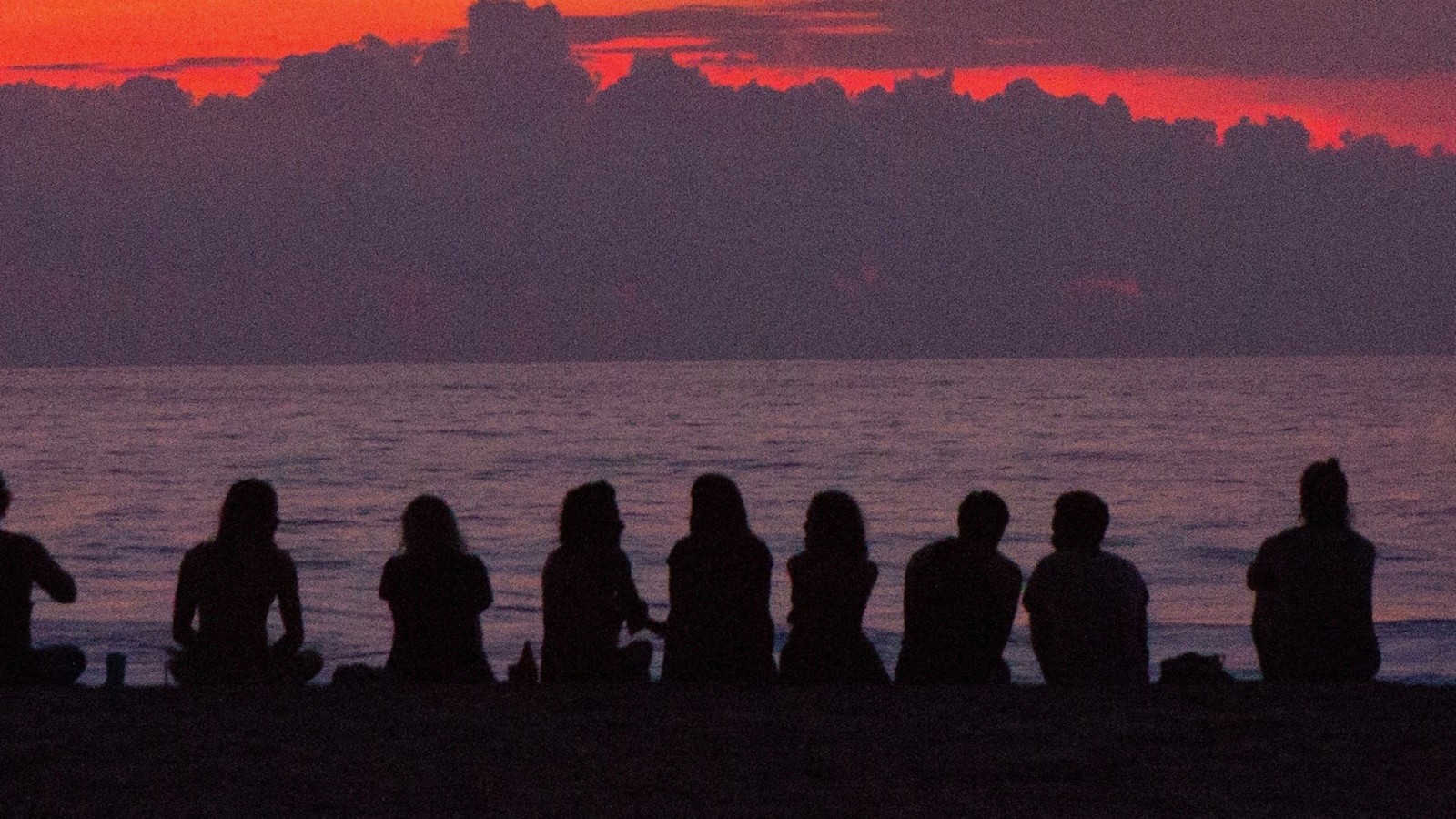I’ve learned that big ideas, good or bad, come with big responsibilities. And, quite often, with big consequences. Speaking up comes with a price, and the cost is not borne by you alone. Nothing I’ve accomplished has been done alone; it would have been impossible without friends and family.
Family and friend connections fuel my soul, just like being in nature, riding my bike, or working out. Not meeting your own needs is the first big mistake for actually not launching a big idea.
In 2003, I launched Less Cancer, a non-profit focusing on preventable causes of cancer. I didn’t have the educational or medical background to do so. I was just a guy who wondered if we couldn’t look at cancer differently, rather than assuming it was an expected stage of life.
At that time the prevalent mindset was on “beating” or curing cancer. No one appeared to be addressing cancer prevention. I could hardly find “cancer prevention” in a book, much less a current journal or news item. I was alarmed by the fact that cancer was not being “beaten.” Instead, cases were on the rise. Many were preventable, but little was being done to protect populations from known risks.
Years earlier, prior to Less Cancer, I had launched a free local mammogram program, which was met with great enthusiasm. I soon learned that methods used to secure public health are very different from a diagnostic and treatment model like mammograms. Education and policy changes are vital tools in addressing public health issues. If misunderstood, those tools can feel restrictive or punitive, which is a significant hurdle to acceptance.
Less Cancer faced an especially sharp uphill climb early on because fast food, soda, tobacco and chemical companies were funding and sponsoring health programming. With few financial resources, little knowledge and a dwindling list of potential supporters, things were not looking good for the Less Cancer mission. I had a big idea for an organization, coupled with the brilliant idea of trying to do it without funding from traditional sources. No money. Few friends.
And not much hope for donations.
What’s to lose?
My health. That’s what I could lose. In my 40s and a few years into Less Cancer I was juggling jobs and trying to keep my head above water when I learned I had a spinal tumor. Fortunately, it was not cancer, but it was—and sometimes still is–debilitating and painful. Though I didn’t have cancer, I have experienced the loss of loved ones to cancer, as have many others. And, as a parent, even through sickness had my eye on the goal to pave the way to for healthier futures not just for my children—but all children.
As time went by, people began to understand the reality of cancer prevention. As Less Cancer evolved, communities were calling on us to address many public health risks, from indoor smoking, to clean drinking water, and chemicals in the environment. The organization survived and grew because I had the support of an incredible board. Its members have changed over the years, but some have been on the phone with me once or twice a week for about 20 years.
Today, Less Cancer has come a long way from that “big idea.” It is the founding organization of National Cancer Prevention Day, the National Cancer Prevention Workshop and the United States Bipartisan Congressional Cancer Prevention Caucus. As one of the largest, most active cancer prevention and continuing medical education platforms, Less Cancer has educated tens of thousands of healthcare providers and individuals and communities around the globe.
I could never have chased those big ideas without the support of others–or if I did not take care of my own health every day so I could withstand the rigors of the long haul. Despite having steady support from the Less Cancer board, family and friends, it’s sometimes personally draining to travel thousands of miles and stay strong through many days when I talk to more strangers than I do people I know.
Taking on big ideas with social good in mind–such as preventing cancer–is not something you can do as a hobby. It’s a 24-7 commitment. It’s a relationship that requires your love of others to be foremost in your mind. It means keeping those you love close and connecting with others around their interests, not yours. It means meeting people where they are engaged.
“With others” is my mantra for strengthening the organization but also a core belief for me not going it alone.


